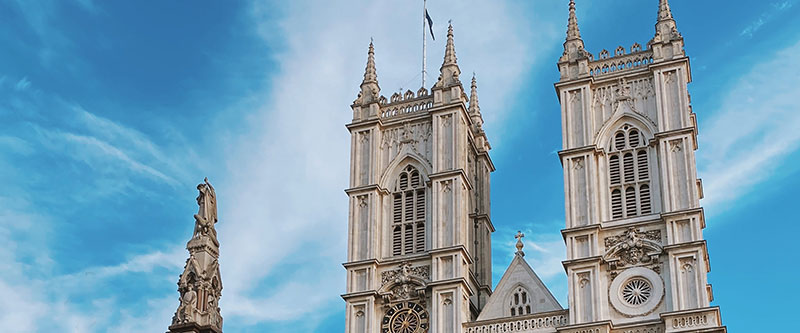Divine providence. Even if it is difficult to define, all people interact with it every day. Chapter 5 of the confession defines some terms to help us understand. The first paragraph describes both the scope and category of the term “providence”.
Firstly, the term “providence” is firmly in the category of governance. It indicates that God, as the Creator, governs His creation. Secondly, the scope of this governance is “over all creatures, actions, and things, from the greatest even to the least.” This governance over all things is not dependent on anything, but only God’s will.
In the second paragraph the direct line between God and all events is firmly established. Yet, though God is directly in control of all things, He makes them happen through “secondary causes”. That means God does not usually intervene in the world through miracles, but works through people and circumstances, though the third paragraph makes it clear He is not obliged to do so.
The fourth paragraph makes it clear that even the fall and man’s sins are subsumed under God’s providence. Without attempting to explain it, the Confession does clarify that God is not the author of sin.
The righteous are under this providence tested and sanctified by God, while the wicked have His grace withheld causing them to harden themselves. And finally God’s providence is over the church in a special way.
Not all of these things are easy to understand, but God’s providence shows His glory.


